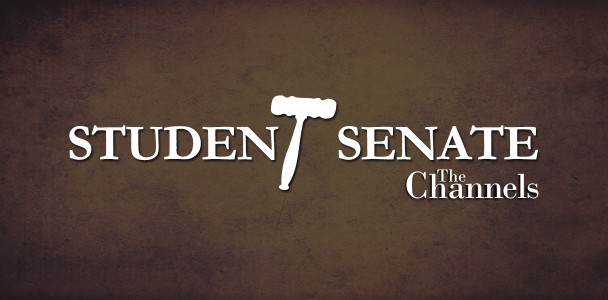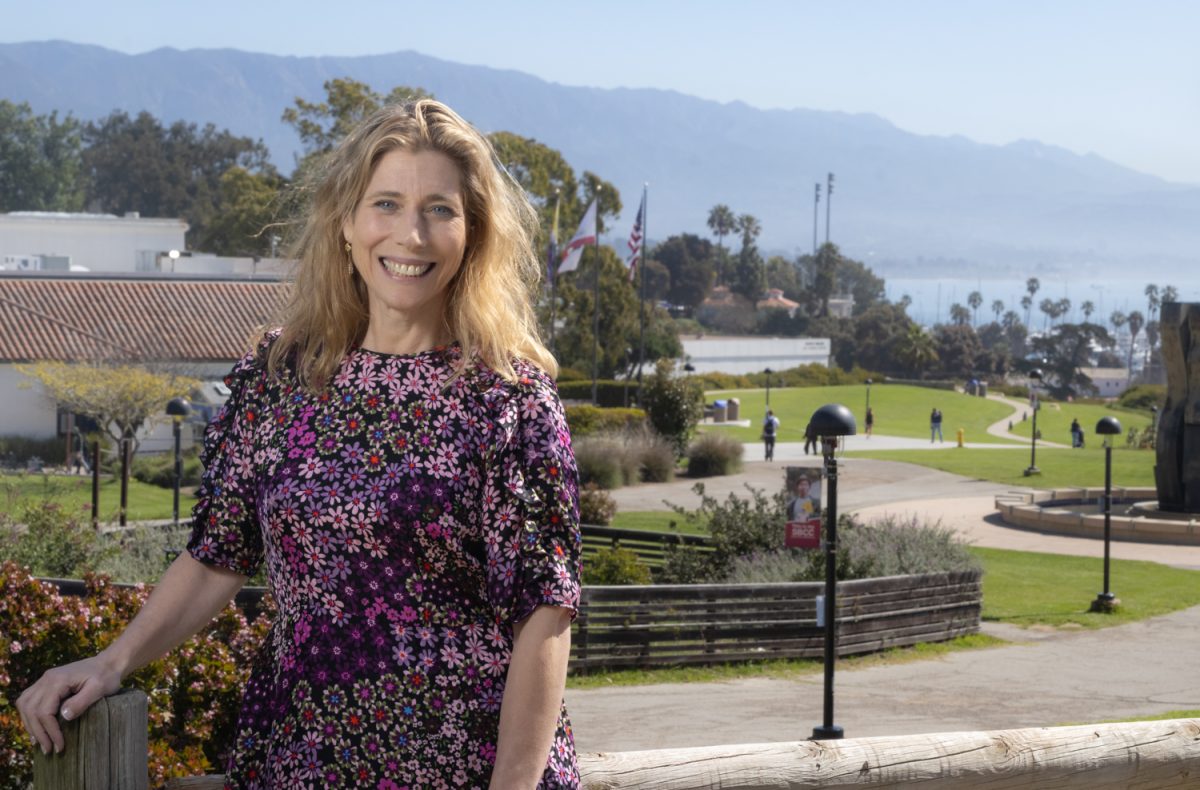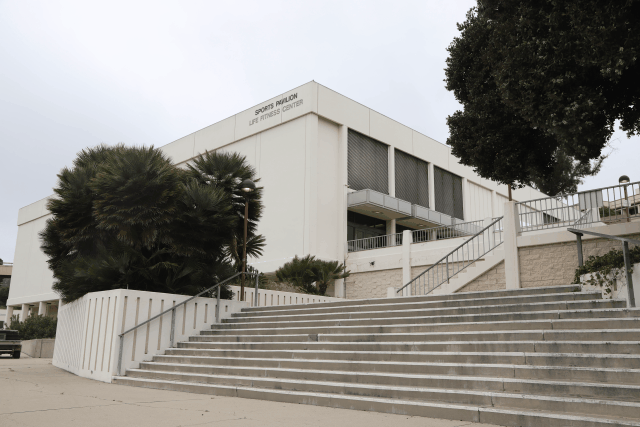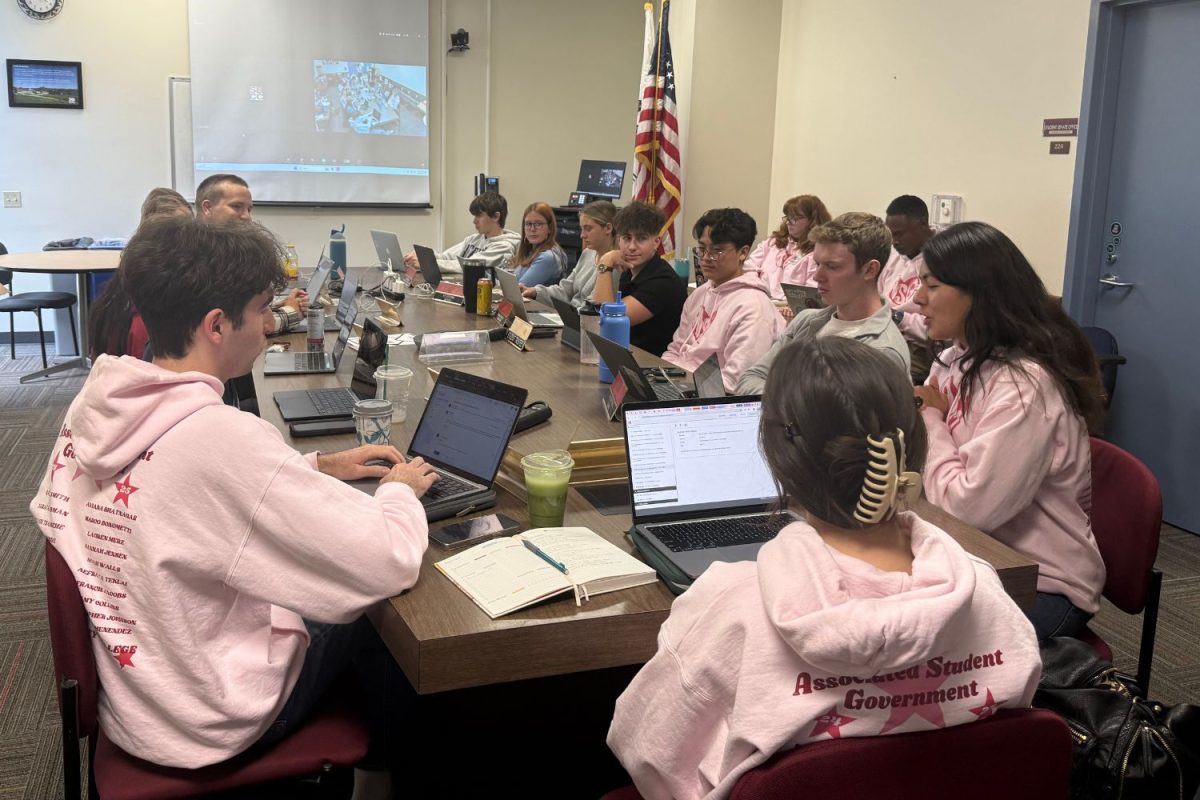Competing ideologies have been amplified amongst members of the Associated Student Government proceeding discussions about whether to endorse the event “Religion and Violence” that occurred on Thursday, Sept. 7, at City College.
Controversy over whether to officially endorse this past Thursday’s event started in the meeting leading up to the colloquium. Officers voted down a measure to endorse the event 3 to 1, based on the arguably sensational title, “Religion and Violence.”
Matt Esguerra, vice president of external affairs, was the lone vote in favor of the event. Esguerra resurfaced the discussion during Monday’s meeting by presenting a motion that would reinforce freedom of speech, and in particular, events that spark healthy debate.
“An institution of higher education has a solemn responsibility to not just promote debate, but also to preserve and safeguard the liberty to debate while others attempt to hamper it,” the motion read.
Student Trustee David Panbehchi supported the motion under the condition that it could be amended to include a guarantee of student safety, which passed unanimously. Panbehchi’s arguments have focused on avoiding divisiveness and inflammatory events.
“We need to have events that uplift people,” he said, citing safety concerns for marginalized students. “If Milo Yiannopoulos wanted to speak here, I would not support it.”
Student Advocate Krystle Farmer helped Panbehchi with the amendment on Monday. Prior to the colloquium, The Channels spoke with her. She was equally as decisive in her dissatisfaction with the colloquiums as she was with the amendment.
Other members of the Associated Student Government made it clear that they think colloquiums stimulate minds and foster free speech.
“I just don’t think the colloquiums are inclusive; they only represent part of a student body here,” Farmer said. “That’s what inclusivity is, creating a safe space for everybody on this campus,” She went on to diagnose the colloquiums as representations of the ideology of “white superiority,” where people of privilege discuss matters they aren’t affected by.
Philosophy Instructor Mark McIntire, who was the faculty sponsor of the colloquium, pulled no punches in his repudiation of what he sees as zealous political correctness on campus.
“There is one point of view that dominates,” McIntire said. “It’s the liberal progressive socialist point of view, and it’s based on political correctness, instead of argumentation. People pose as being offended.”
The colloquium’s main speaker Adam benShea said Thursday that the purpose of such events, and college as whole, is to “get students to understand the arguments that are put forward.”
However, when pressed on what he thought about speakers like Ann Coulter and Milo Yiannopoulos, benShea said “I fail to see how those people add anything significant to the national conversation,” but offered no remedies as to what he thinks college governments should do about them.
Even after Monday’s adjournment ended in compromise, it remains unclear how the Associated Student Government would act if faced with decision of supporting or disavowing a contentious speaker visiting the City College campus.








